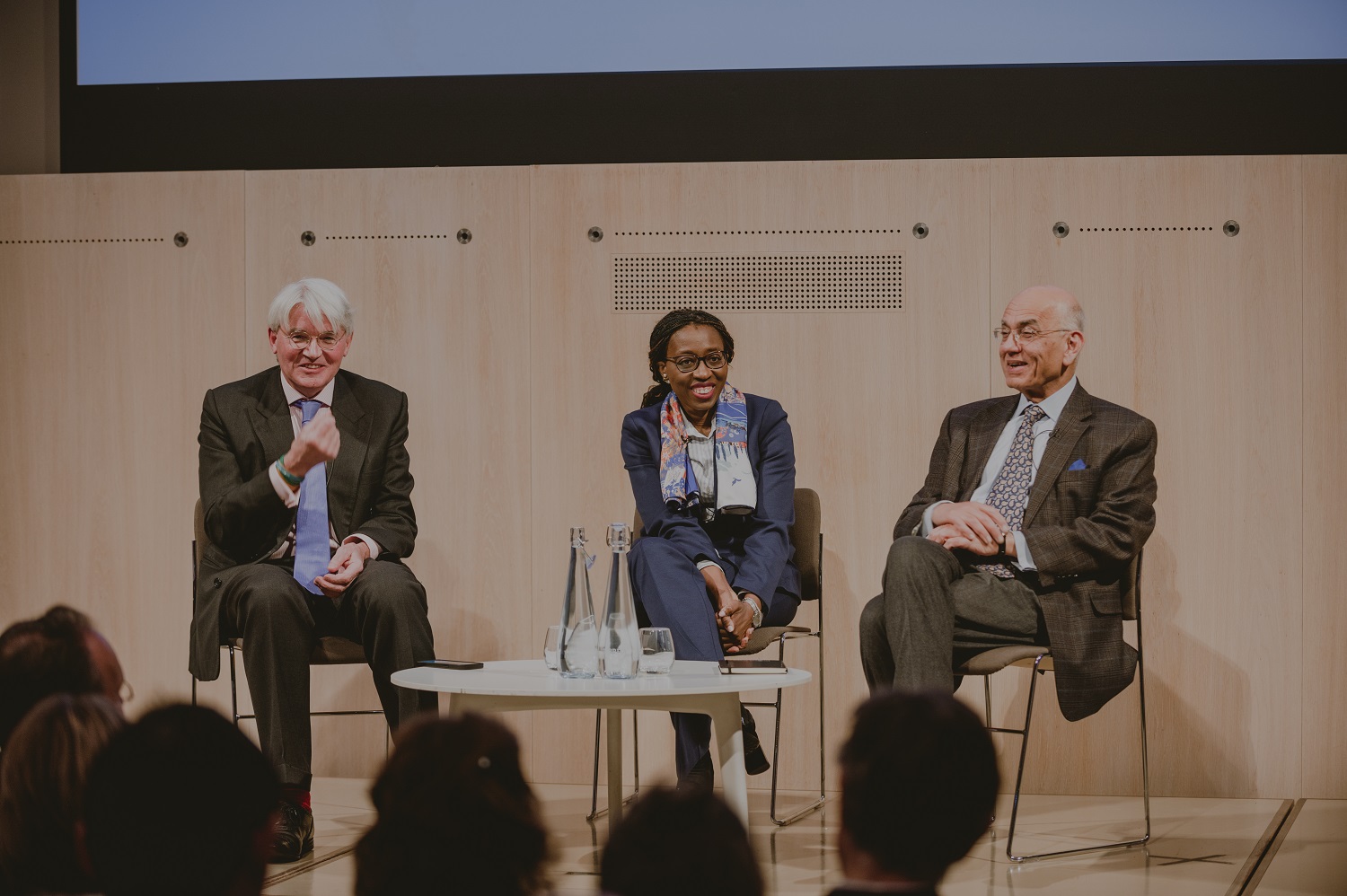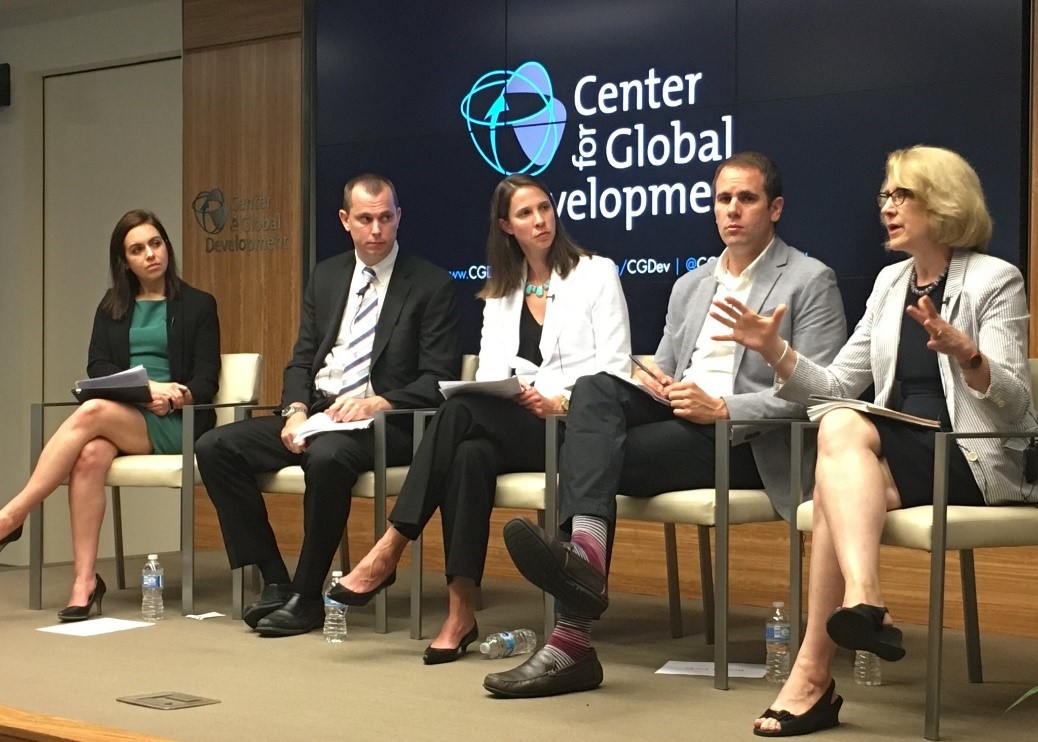In Washington, rumor has it that the United States will bring commitments on domestic resource mobilization (DRM) and data to the table at the Financing for Development Conference this month in Addis Ababa, Ethiopia. As we get down to the wire, our fingers are crossed that the US government will take this opportunity to be ambitious and offer robust packages in both these areas. Here’s what that could look like.
Domestic Resource Mobilization
With $7.7 trillion in domestic resources generated by developing and emerging economies in 2012 alone, the United States is right to single out DRM efforts at Addis. For decades, US agencies have used tiny amounts of official development assistance (ODA) to aid countries in generating more domestic finance. Addis offers an opportunity to cement and build upon these efforts. Here’s what the United States should do to help make it happen:
Ensure the ‘Addis Tax Initiative’ is genuinely additive, from both a policy and resource perspective. The Addis Tax Initiative looks to be a joint venture by the United States, the United Kingdom, Germany, and the Netherlands to use ODA and policy reform to catalyze increased domestic resources within partner countries. The Initiative is predicated on three elements:
-
A significant increase in resources for increased domestic resource mobilization
-
Policy principles to ensure a sound enabling environment, to which all sides will commit
-
Coordination by countries, multilateral entities, and civil society to ensure maximum generation of domestic resources
These elements are good in theory, but, as always, the devil will be in the details. What kind of new resources will be committed by all countries involved? Will the policy principles to which partner countries must agree be public? And will coordination actually mean donor countries doing their part (i.e., tackling illicit financial flows) to assist partner countries in increasing their revenues?
Pass the microphone to partner countries so they can amplify why DRM is so important. FFD is an opportunity for partner countries to show what efforts they are undertaking to increase domestic public finance and how marginal ODA injections might further those efforts. So far, however, Ethiopia is the only public partner in the Addis Tax Initiative. I hope the four donor countries behind the Initiative have more country partners by the time July 13th rolls around. And even more, that these countries speak first and loudest about why the Initiative could be transformative for global development efforts.
Data
Many countries have a long way to go to meet the technical needs for measuring and evaluating against the SDGs, and the United States – as a key partner on major household surveys and a world leader on open data in government – should help. But simply calling for strengthened statistical systems or open data efforts, or more coordination and partnership won’t be enough. The US government should:
Invest to strengthen low-income countries’ capacity to collect and use accurate, timely and open statistical data. The UN’s Sustainable Development Solutions Network estimates low-income countries alone need an additional $200 million in funding per year to measure against the SDGs. While there is a lot of activity around data these days in low-income countries, it comes with so many strings attached and special projects that it may create more noise than light. That means we urgently need a new or enhanced financing stream that aligns incentives for greater coordinated and systematic support to country governments and their partners on data. Ideally, this fund would encourage the uptake of our proposed data compacts, whereby donors, country governments, civil society and private sector stakeholders agree and align to a funding scheme linked to progress on the production, accuracy, timeliness, openness, and usability of core national statistics.
We’ll be keeping our ears to the ground to learn just how much weight the United States puts behind DRM and data. In the meantime, we encourage you to read Nancy Birdsall’s five wishes for improving financing for development at Addis, and Owen Barder’s ‘beyond aid’ approach for unlocking some of those resources.
CGD blog posts reflect the views of the authors, drawing on prior research and experience in their areas of expertise.
CGD is a nonpartisan, independent organization and does not take institutional positions.





